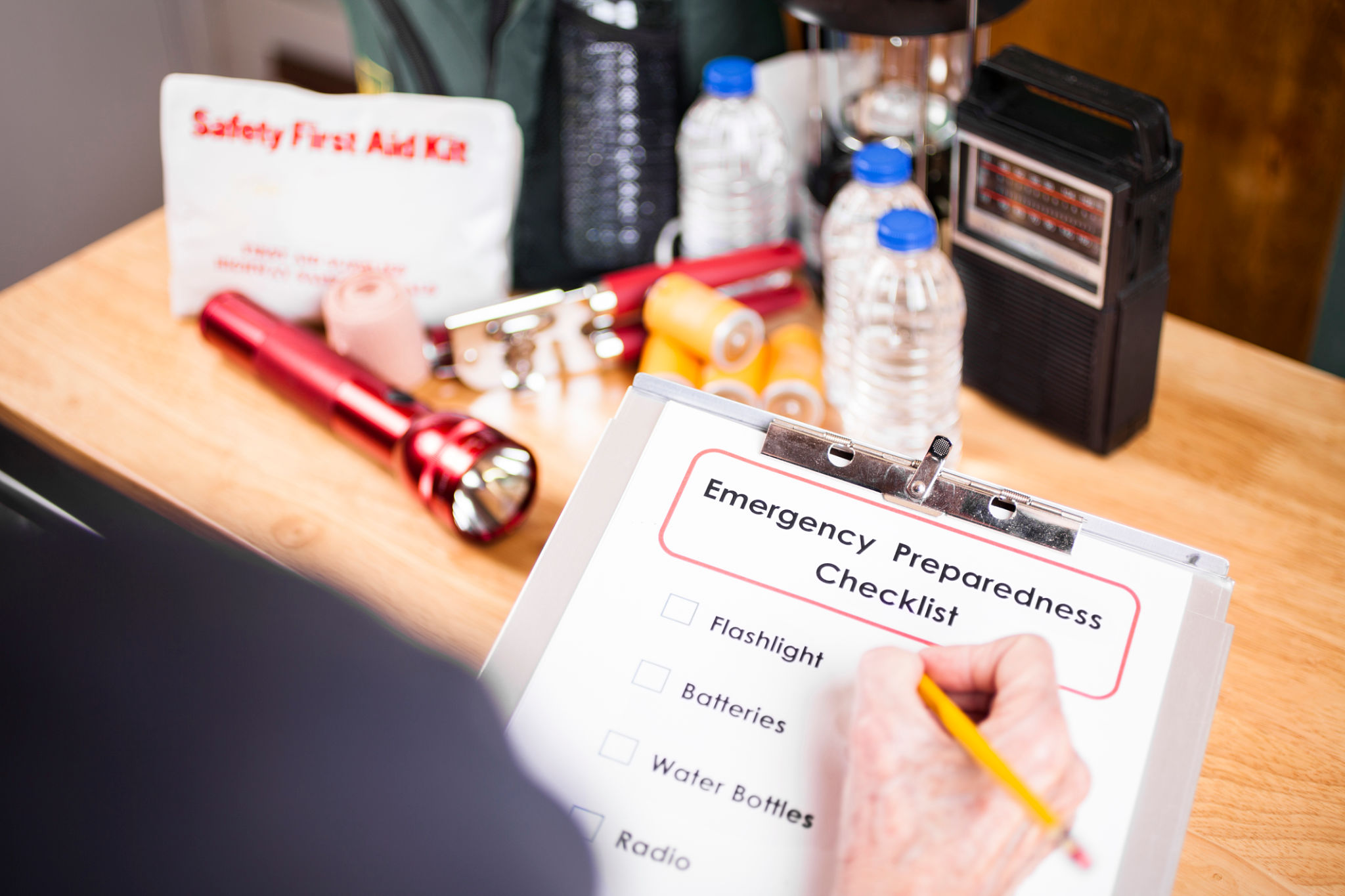Seasonal Legal Issues in Florida: Preparing for Hurricane Season
ZL
Understanding the Legal Landscape
As hurricane season approaches, Florida residents must prepare not just physically but also legally to navigate the challenges that come with these natural disasters. Understanding the legal landscape is crucial in protecting your rights and ensuring you are adequately prepared. Hurricane season in Florida typically runs from June 1 to November 30, and during this time, residents may face several legal issues related to property damage, insurance claims, and business disruptions.
Property owners should familiarize themselves with their insurance policies, ensuring they have sufficient coverage for hurricane-related damages. Reviewing the terms of your policy can help you understand what is covered and what is not, potentially avoiding disputes with your insurer after a storm. It's also important to document your property conditions before a hurricane strikes to support any future claims.

Insurance Claims and Disputes
Filing an insurance claim after a hurricane can be a daunting task, often complicated by the sheer volume of claims processed at the same time. To facilitate a smoother claims process, document all communication with your insurer and keep detailed records of any repairs or expenses incurred due to the storm. If disputes arise, consider seeking legal advice to navigate these challenges effectively.
Understanding the difference between flood and wind damage is crucial, as standard homeowner policies often exclude flood damage, requiring separate coverage. Familiarize yourself with the National Flood Insurance Program (NFIP) to ensure comprehensive protection against potential flood damage.

Business Preparedness and Continuity
Businesses in Florida must also prepare for hurricane season by developing a robust continuity plan. This includes safeguarding critical documents, securing your premises, and establishing protocols for employee safety. A well-prepared business can minimize downtime and financial losses during and after a hurricane.
Review your commercial insurance policy to understand the extent of your coverage and any exclusions that may apply. Business interruption insurance can be particularly valuable, compensating for lost income if your operations are disrupted by a hurricane.
Legal Obligations and Employee Rights
Employers need to be aware of their legal obligations to employees during hurricane season. This includes ensuring a safe working environment and understanding leave policies if employees are unable to work due to storm-related issues. Clear communication with staff about emergency procedures and expectations is essential.

Community Support and Resources
In addition to individual preparations, community support plays a vital role during hurricane season. Local governments and organizations often provide resources and assistance to residents affected by hurricanes. Familiarize yourself with local shelters, evacuation routes, and community support services that can offer aid during emergencies.
Legal aid organizations may also provide assistance to those facing disputes or challenges related to hurricane damage claims or tenant rights. Knowing where to seek help can make a significant difference in navigating post-storm challenges effectively.
Conclusion: Proactive Preparedness
Preparing for hurricane season in Florida requires both physical readiness and an understanding of potential legal issues. By staying informed about your rights and responsibilities, you can protect yourself, your property, and your business from the unpredictable nature of these storms. Proactive preparedness ensures you're not only ready to weather the storm but also equipped to handle any legal challenges that may arise afterward.
